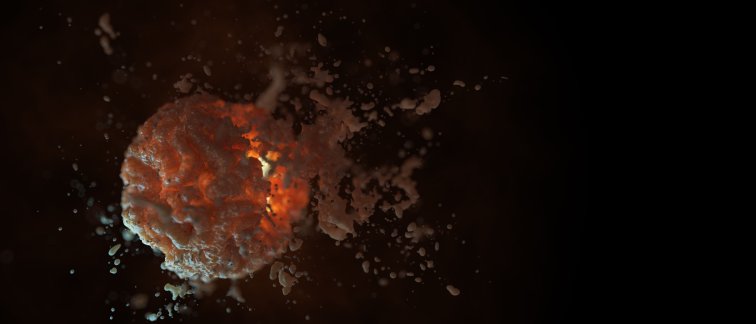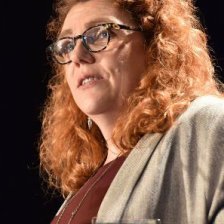Their therapeutic utilization has recently come to a breakthrough: adoptive T cell therapy (ACT), collecting and transforming the patient’s own T cells to treat cancer. An estimated 753 different cell therapies are currently in development, of which 375 are in clinical trials worldwide. The generation of such ACT products is a complex but ill-defined process with limited harmonization across production and clinical studies, even for the same indication.
Cytokines are proteins responsible for the growth and differentiation of T cells. They are central to the generation procedure, whilst also playing a key role in the efficacy and safety of the cellular product. There is however a limited understanding as to which cytokines might lead to the best outcome on any of these steps. T-OP targets a pioneering research question: how do cytokines influence the therapeutic outcome of ACT products? T-OP brings together interdisciplinary and cross-sectorial teams spanning large and small-sized companies as well as experts in different aspects of cell therapy, immunology, protein engineering and bioinformatics. T-OP will train by research 15 early-stage researchers, enabling them to develop efficient therapeutic solutions and to tackle economic opportunities.
This Marie Skłodowska-Curie Innovative Training Network proposal (Call: H2020-MSCA-ITN-2020) was selected with a top score of 100%. Participants include scientists from Munich, Berlin, Paris, Copenhagen, Manchester, Amsterdam, Basel, and Jerusalem.
Researchers involved
Amsterdam UMC researchers Tanja de Gruijl and Hans van der Vliet are participants; their contribution will be to optimize culture and expansion protocols for so-called MAIT cells (mucosal associated invariant T cells).


